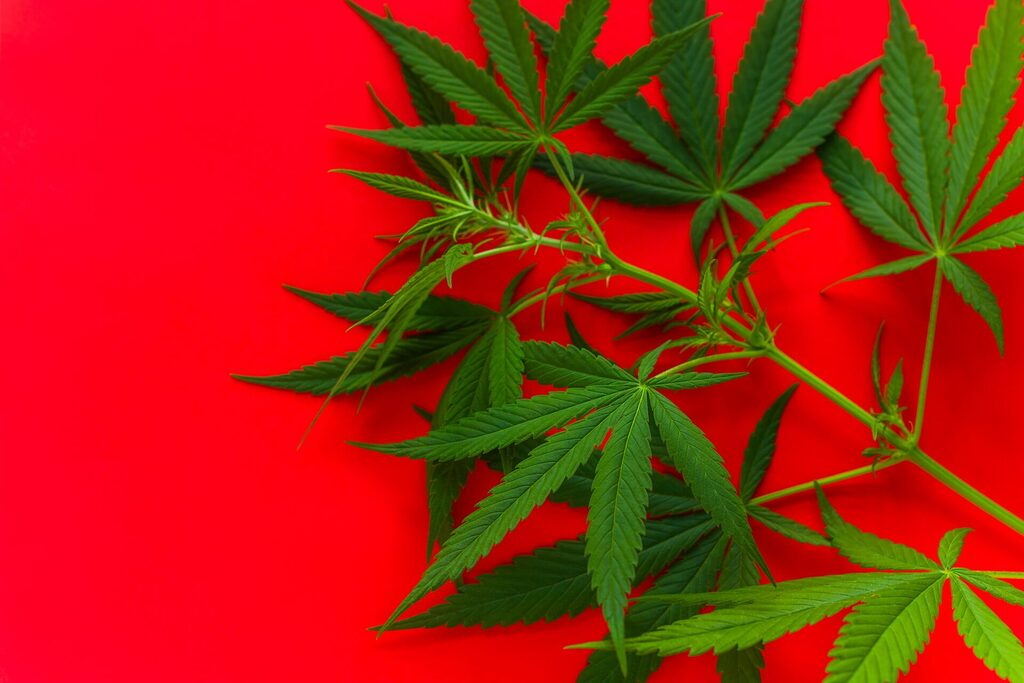Understanding Marijuana’s Effects and the Path to Recovery
Marijuana, also known as weed, pot, or cannabis, is a widely used drug that has become increasingly popular in recent years. As more states legalize its use for medical and recreational purposes, it’s essential to understand the potential risks associated with marijuana and the importance of seeking help when struggling with addiction.
What is Weed?
Weed is derived from the Cannabis sativa plant and contains the psychoactive compound tetrahydrocannabinol (THC). When consumed, THC binds to cannabinoid receptors in the brain, altering mood, perception, and cognitive function. While some people use marijuana for its perceived benefits, such as relaxation or pain relief, prolonged use can lead to addiction and various health issues.
Marijuana is often consumed through smoking, vaporizing, or ingesting edibles. The effects of weed can vary depending on the method of consumption, the potency of the product, and individual factors such as tolerance and metabolism.

How Weed Affects the Body
Marijuana use can have both short-term and long-term effects on the body. In the short term, users may experience altered senses, impaired memory, difficulty thinking and problem-solving, and impaired body movement. These effects can last for several hours and may impact an individual’s ability to perform daily tasks or engage in activities that require focus and coordination.
Long-term effects of marijuana use can be more severe and include respiratory problems, cardiovascular risks, and mental health issues such as anxiety and depression. Chronic marijuana smokers may develop lung irritation, coughing, and increased risk of lung infections. Additionally, marijuana use has been linked to an increased heart rate and blood pressure, which can be particularly dangerous for individuals with pre-existing heart conditions.
Chronic marijuana use can also lead to the development of Cannabis Use Disorder (CUD), characterized by a strong desire to use the drug despite negative consequences. CUD can cause physical and psychological dependence, making it difficult for individuals to quit without professional help. Symptoms of CUD may include:
- Tolerance: Needing more marijuana to achieve the desired effect
- Withdrawal: Experiencing unpleasant symptoms when not using marijuana
- Craving: Having a strong desire to use marijuana
- Neglecting responsibilities: Failing to fulfill obligations at work, school, or home due to marijuana use
- Continuing use despite negative consequences: Using marijuana even when it causes problems in relationships or other areas of life
Detoxing from Weed
Detoxing from weed involves removing THC and other cannabinoids from the body. While the process is not typically life-threatening, it can be uncomfortable and challenging. Common withdrawal symptoms include irritability, anxiety, insomnia, decreased appetite, and restlessness. These symptoms can last for several days to several weeks, depending on the severity of the addiction.
The timeline for weed detox varies depending on factors such as the frequency and duration of use, individual metabolism, and body fat percentage. Generally, THC can be detected in the body for several days to several weeks after the last use. For chronic, heavy users, THC may be detectable for up to 30 days or longer.
To successfully detox from weed, it’s essential to:
- Seek professional support from a qualified addiction treatment center
- Develop a comprehensive treatment plan that addresses physical, psychological, and social needs
- Engage in therapy, such as cognitive-behavioral therapy (CBT), to address underlying issues and develop coping strategies
- Participate in support groups and build a strong sober network
- Practice self-care through exercise, nutrition, and stress-management techniques
Getting Help For an Addiction
Professional support is crucial during the detox process, as attempting to quit “cold turkey” can be challenging and may increase the risk of relapse. A qualified addiction treatment center can provide medical supervision, medications to manage withdrawal symptoms, and a supportive environment to facilitate the detox process.
In addition to professional support, engaging in therapy is essential for long-term recovery. CBT can help individuals identify and change negative thought patterns and behaviors associated with marijuana use. Other forms of therapy, such as motivational interviewing and contingency management, can also be effective in promoting behavior change and maintaining sobriety.

Building a strong sober network is another key component of successful recovery. Participating in support groups, such as Marijuana Anonymous or Narcotics Anonymous, can provide a sense of community and accountability. These groups offer a safe space to share experiences, learn from others, and develop valuable coping skills.
Practicing self-care is also crucial during the detox process and throughout recovery. Regular exercise can help reduce stress, improve mood, and promote overall well-being. Eating a balanced, nutritious diet can support the body’s healing process and improve mental health. Engaging in stress-management techniques, such as meditation or deep breathing exercises, can help individuals cope with cravings and manage difficult emotions.
How Texas Recovery Centers Can Help
At Texas Recovery Centers, we understand the challenges of overcoming marijuana addiction and are dedicated to providing compassionate, evidence-based care. Our experienced team of addiction professionals offers a range of services to support individuals throughout their recovery journey.
Our comprehensive treatment programs include:
- Medical detox to manage withdrawal symptoms and ensure a safe, comfortable transition
- Residential treatment for intensive, 24/7 support in a structured environment
- Outpatient programs for individuals who require more flexibility while receiving ongoing care
- Individual and group therapy to address the root causes of addiction and develop essential life skills
- Holistic approaches, such as yoga and meditation, to promote overall well-being
- Aftercare planning and support to maintain long-term sobriety
Our medical detox program is designed to help individuals safely and comfortably navigate the withdrawal process. Our trained medical staff provides around-the-clock monitoring and support, administering medications as needed to alleviate symptoms and ensure patient comfort. We understand that each individual’s needs are unique, and we tailor our approach to meet those needs.
For individuals who require a more intensive level of care, our residential treatment program offers a structured, supportive environment. Clients participate in daily therapy sessions, educational classes, and recreational activities designed to promote healing and personal growth. Our experienced clinicians work closely with each client to develop an individualized treatment plan that addresses their specific needs and goals.
We also offer outpatient programs for individuals who have completed residential treatment or who require a less intensive level of care. Our outpatient programs provide ongoing support and therapy while allowing clients to maintain their daily responsibilities, such as work or school.
At Texas Recovery Centers, we believe in a holistic approach to addiction treatment. In addition to traditional therapies, we offer a range of complementary services, such as yoga, meditation, and art therapy. These activities can help individuals develop healthy coping mechanisms, reduce stress, and promote overall well-being.
We also recognize the importance of aftercare planning and support in maintaining long-term sobriety. Our team works closely with each client to develop a comprehensive aftercare plan that includes ongoing therapy, support group participation, and other resources to support their continued recovery.
Contact Us Today
If you or a loved one is struggling with marijuana addiction, don’t wait to seek help. Contact Texas Recovery Centers today at 888-354-2194 to learn more about our weed detox and addiction treatment programs. Our compassionate team is here to support you every step of the way on your path to lasting recovery. Remember, recovery is possible, and you don’t have to face this challenge alone. Take the first step towards a healthier, happier life by reaching out for help today.












